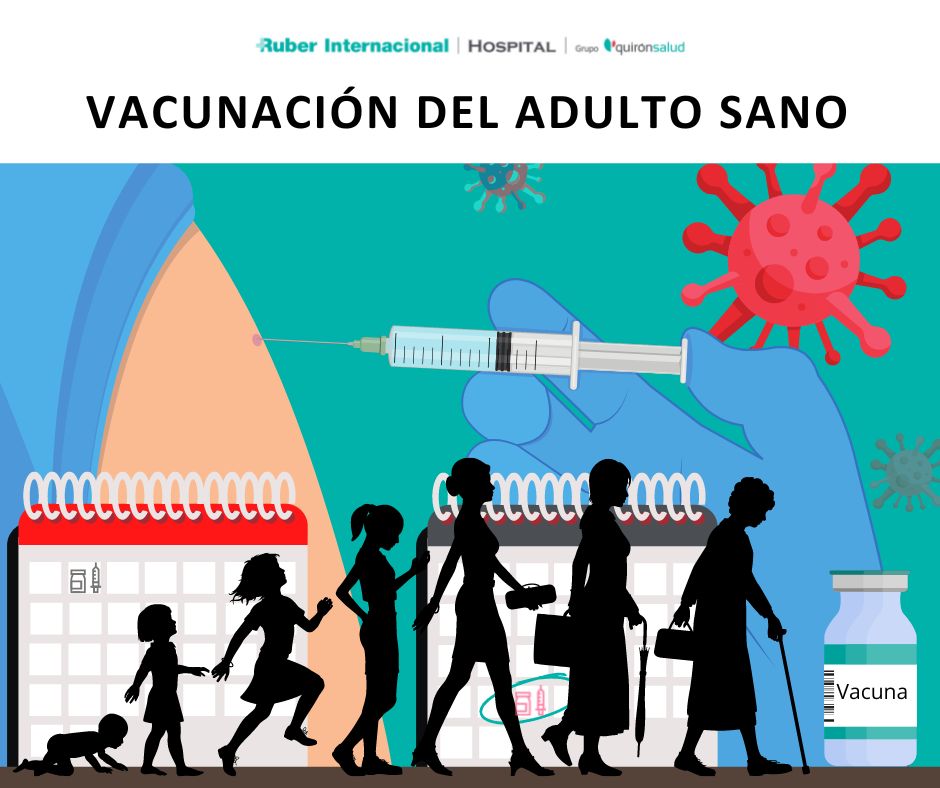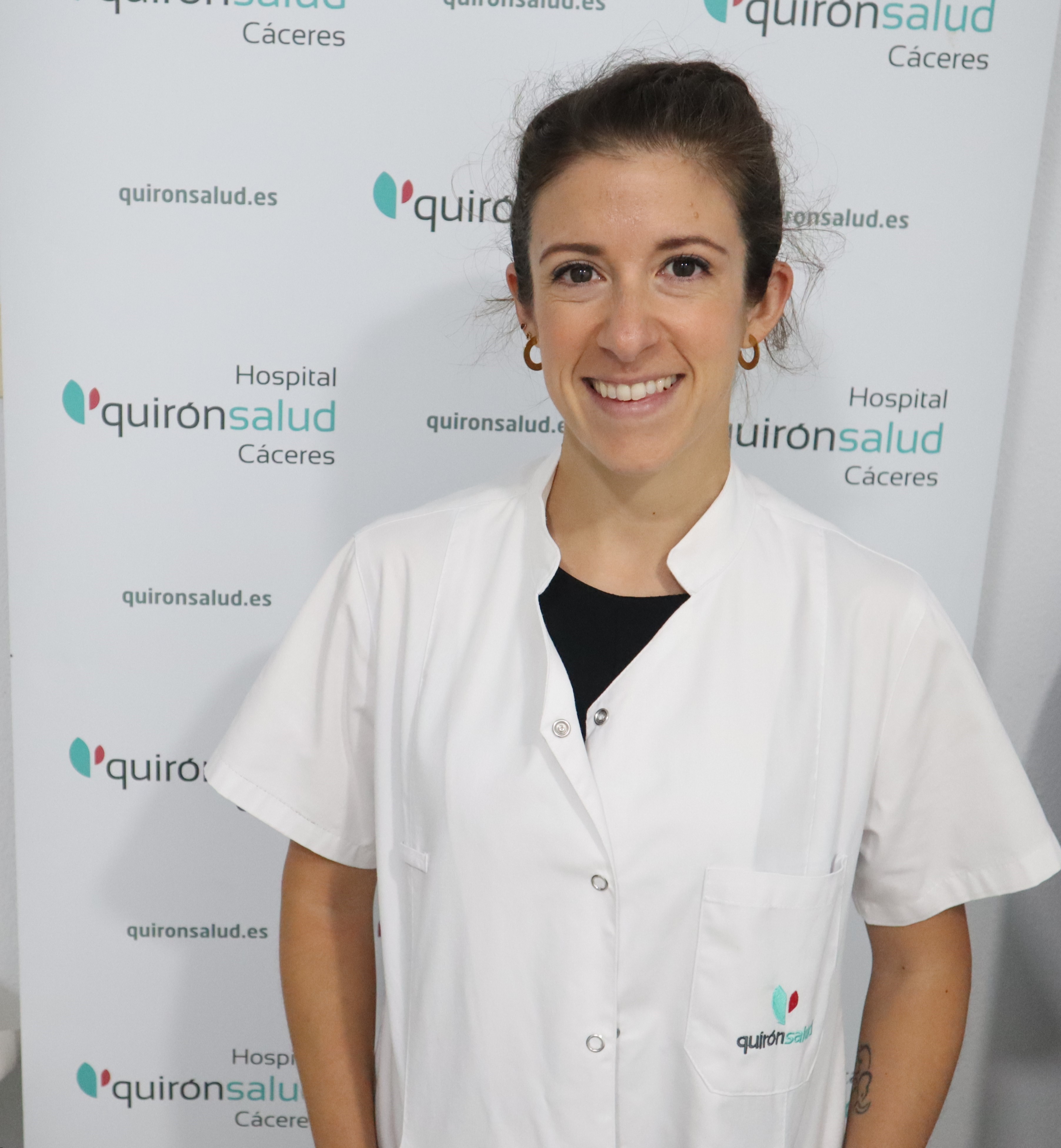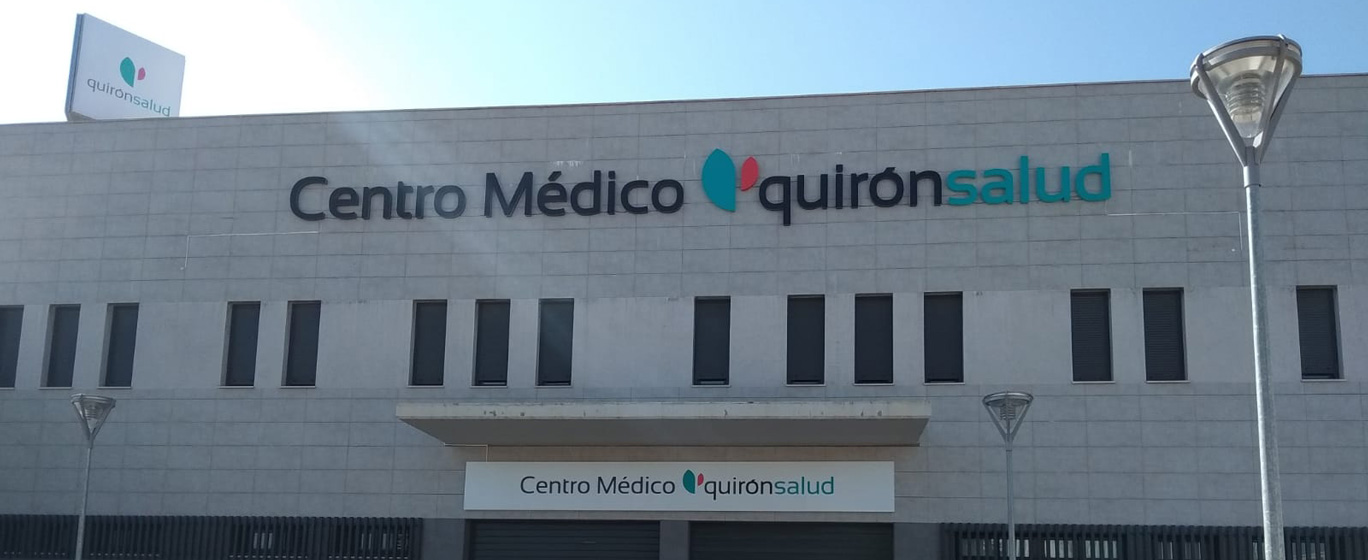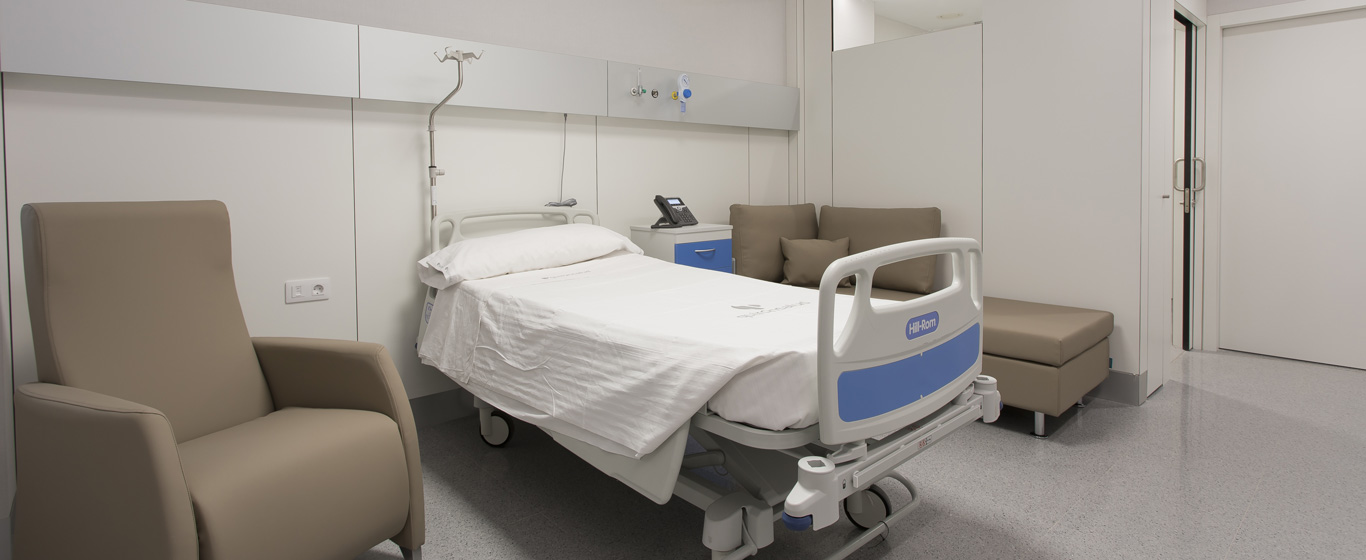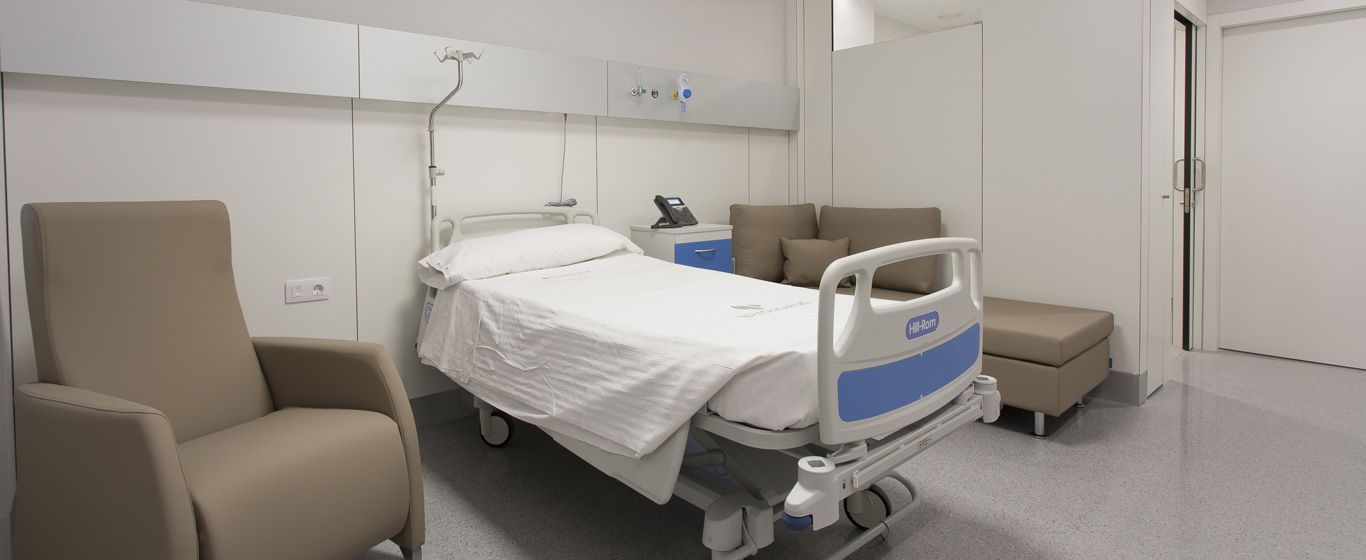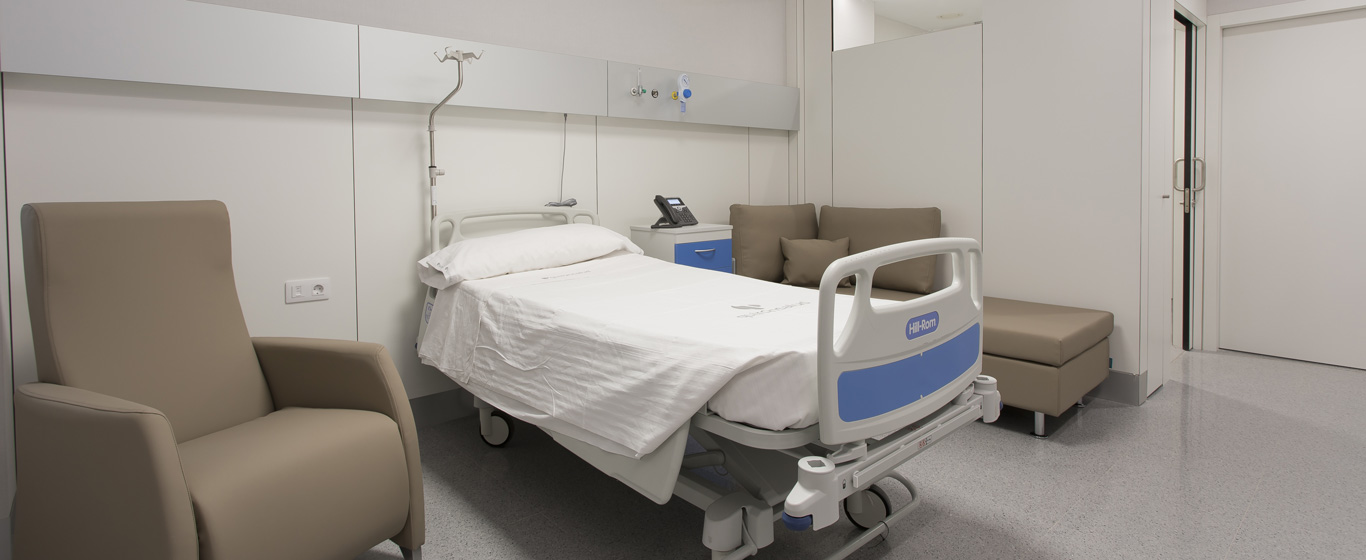Family and community medicine
We tell you what family and community medicine is, what diseases it most frequently treats and what procedures it most commonly uses. Find out the main symptoms for which patients visit the family doctor, what the consultation involves and how to prepare for it. Book your appointment at one of our hospitals.

What is family and community medicine?
Family and community medicine is responsible for the general healthcare of individuals, who share their health-related concerns and questions with their doctor. In addition to providing information and applying preventive medicine guidelines, this speciality treats minor or chronic conditions and refers patients with more serious pathologies to the corresponding areas.
What does family and community medicine study?
As a general rule, the family and community medicine consultation is the first contact with the healthcare system when you have a condition of any kind. Therefore, specialists are required to have general knowledge of a range of conditions in order make the correct diagnosis or request the most suitable complementary tests in each case.
- Comprehensive care: They focus on the treatment of common and chronic health problems, as well as preventing disease and encouraging healthy lifestyles among individuals and their families.
- Diagnosis and treatment: They have the knowledge to diagnose and treat various medical conditions, ranging from acute to chronic diseases.
- Preventive assistance: They develop strategies and programmes for disease prevention, screening and promoting healthy lifestyles.
- Community health: They understand the social determinants involved in health and work to improve it in the context of communities, considering factors such as culture, environment and local resources.
- Coordinated assistance: They develop skills to coordinate and manage patient care, working with other healthcare professionals and facilitating continuity of care.
- Management of chronic diseases: They focus on the comprehensive management of chronic diseases, including the coordination of long-term care, and addressing the emotional and social needs of patients.
Which patients is it for?
This speciality treats adult patients of any age and gender who require medical care to monitor a chronic disease, to treat a specific pathology at a specific time, to carry out a routine check-up or to receive information on prevention and general healthcare.
Techniques, procedures and diagnostic methods
Family and community medicine treatments and diagnostic methods are based on observation and experience, and therefore the know-how of doctors takes precedence over scientific advances in this speciality. The techniques commonly used in this speciality are:
- Anamnesis (medical history): this involves gathering information about the patient to find out what brought them to the consultation, what symptoms they have and what their concerns are.
- Physical examination: observation of the patient to obtain more information about their condition through the use of procedures including auscultation, palpation or percussion.
- Spirometry: a non-invasive test to check lung capacity.
- Blood and urine testing: studies the substances present in body fluids and can be used as a preventive measure or to confirm any alteration in the normal parameters.
- Vaccination: method used to build immunity to certain diseases.
Diseases and symptoms
Main pathologies and diseases
Some of the most common diseases in a family medicine consultation are:
- Conjunctivitis
- Diabetes
- Cystitis
- EPOC
- Dyslipidaemia
- Otitis
- Diarrhoea
- Flu
- Asthma
- Obesity
- High blood pressure
- Infections
- Hypothyroidism, hyperthyroidism and other hormonal disorders
- Mental health diseases
- Monitoring of pharmacological and non-pharmacological treatments
Related symptoms
Symptoms for which patients refer to the family and community medicine specialist include:
- Dyspnoea
- Fever
- Cough
- Nasal congestion
- Generalised pain
- Muscular pain
- Joint pain
- Shivering
- Fatigue
- Reflux
- Difficulty breathing
- Cramps
About the family and community medicine consultation
We solve any doubts you may have before you see the specialist
As a general rule, people come to the consultation on demand to receive treatment for a specific condition or to ask about certain symptoms they are experiencing. The family doctor usually knows the patient’s background, so a medical history is only taken at the first appointment.
What should you keep in mind?
Each visit to the family doctor can be completely different. Even so, the doctor will always ask you why you have come for a consultation and carry out a physical examination. Based on this information and any other previous pathologies, the doctor will diagnose and prescribe a treatment.
If the doctor suspects a more serious pathology, they will order complementary tests and, if necessary, refer the patient to another specialist.
What should I take to the appointment?
To make the most of the time available, we advise you keep a note of all the symptoms you have noticed and the day they began. It is also helpful to report possible contacts with sick people or travel to countries where there is a risk of infectious diseases.
You may receive a questionnaire a few days before your appointment asking about your medical history, usual medication and other specific questions that will allow us to anticipate certain aspects of your consultation, helping us to expedite and personalise your care. To do this, we recommend that you download the free Quirónsalud Patient Portal application, which will facilitate communication with your healthcare team.

If you have any further questions, please contact us through the Patient Services telephone number: 900 301 013



